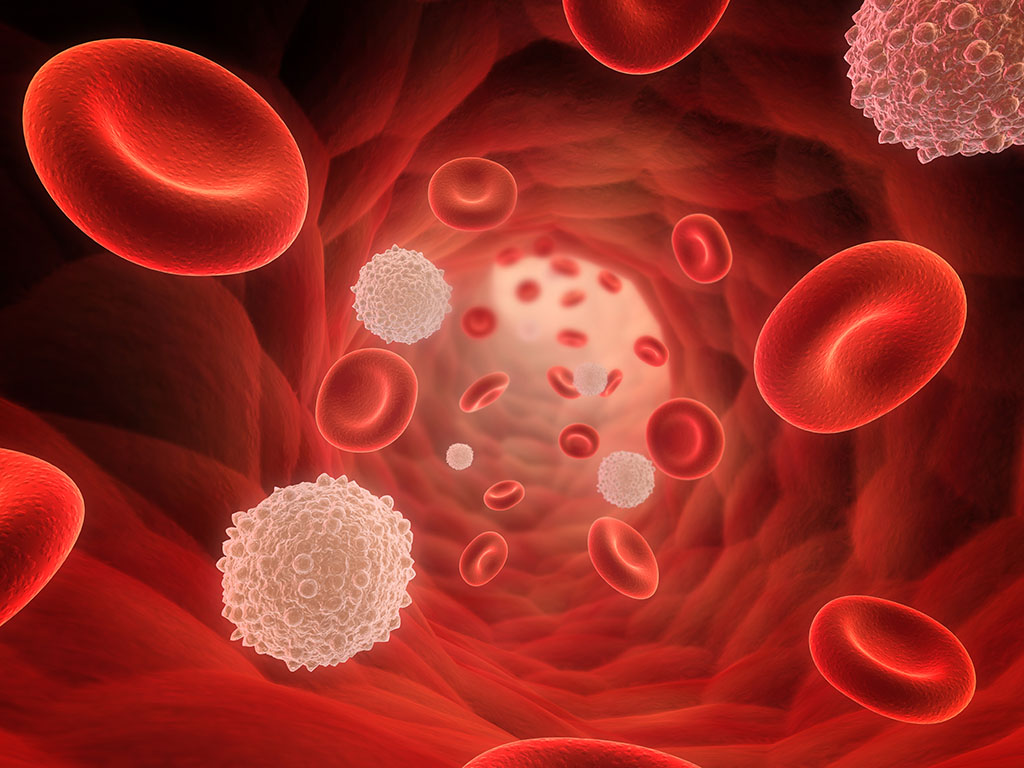What is Multiple Myeloma?
Multiple myeloma is a cancer that forms in your plasma cells (a specific form of white blood cells). When healthy, these plasma cells produce antibodies that attack germs and aid your body in fighting infections. When multiple myeloma is present, cancerous cells grow in the bone marrow, where the healthy cells would typically be stored, crowding them out. Abnormal proteins rather than antibodies begin to produce, and complications can occur.
Complications from Multiple Myeloma
When the abnormal growth of these plasma cells occurs, the normal cells crowd out, and many may experience low blood counts that lead to complications such as:
- Anemia
- Low platelet counts
- A shortage of normal blood cells
- Increased risk of infections (since the antibodies push out)
- Kidney damage, failure, or more
Symptoms and Signs of Multiple Myeloma
Often symptoms are signs that are not present until later on in the disease. However, when they do occur, they may include:
- Bone pain usually in the spine or chest
- Stomach issues such as constipation, nausea, loss of appetite
- Mental confusion
- Fatigue
- A sudden increase in infections
- Excessive thirst
- Numbness or weakness in the legs
Risk Factors and Causes
There is no clear cause of multiple myeloma. A personal history of monoclonal gammopathy of undetermined significance (MGUS) or a family history of multiple myeloma may increase your risks of developing the disease.
How is Myeloma Diagnosed?
Since symptoms are rarely present, multiple myeloma may is often detected accidentally during routine testing. Whether through a blood test or urine test, your doctor may find M proteins produced by myeloma cells in the results. In some cases, your doctor may order a bone marrow test or image test to identify gene mutations or to detect any bone problems occurring from multiple myeloma.
Treatment Options
Treating multiple myeloma all depends on the risk category assigned by your doctor. Treatment might not be necessary, but your doctor can provide a treatment plan for those experiencing symptoms. Some options may include chemotherapy, immunotherapy, or in some cases, a bone marrow transplant. Depending on the complications, risk level, and complete health history, your medical team will find the most personalized option for you.


